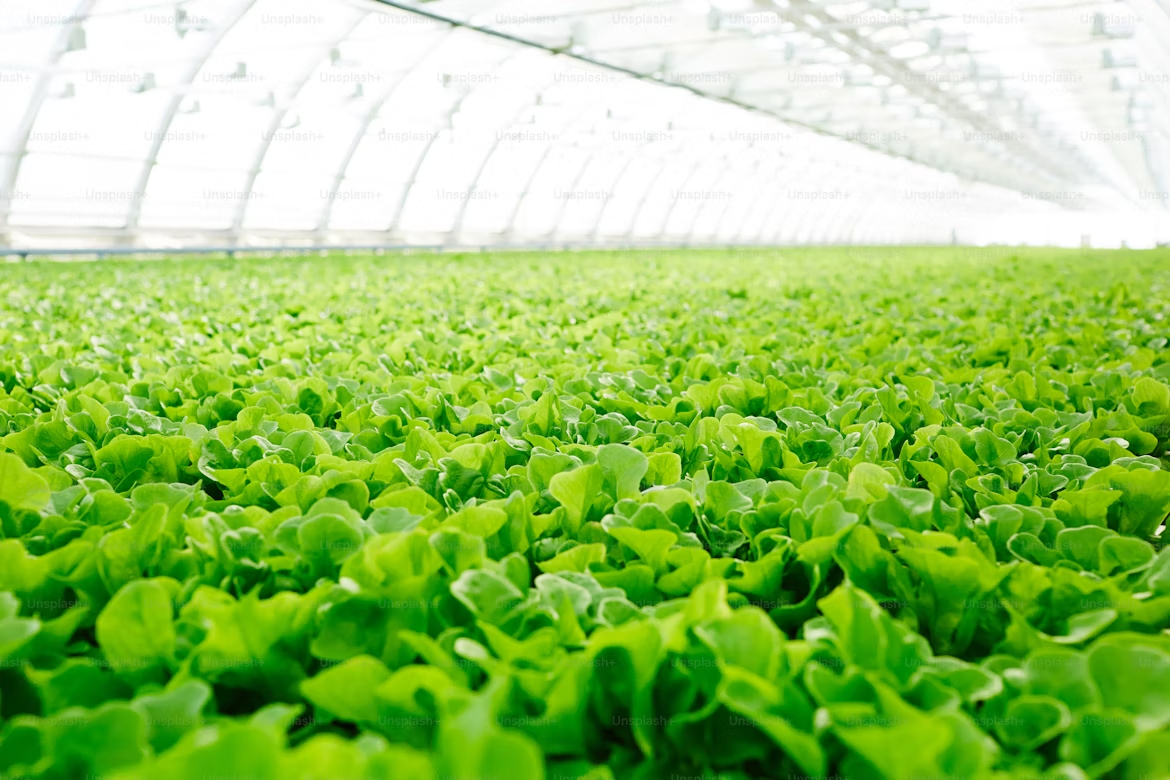Hydroponics

Hydroponics is the method of growing plants in water rather than soil.
Plants traditionally grown in soil can also be grown in a mineral nutrient water solution or in an inert medium.
Inert mediums are mainly used to support the plant roots, rather than supplying it with nutrients like soil would. They include perlite, gravel, mineral wool, expanded clay, coconut husk and more.
There are a plethora of reasons why hydroponics is being used around the world for food production. It has many improvements from traditional in-ground growing methods!
Hydroponics has the potential to produce much higher crop yields than traditional growing. This is due to the level of control growers have over variables including:
- Plants receive consistent and precise nutrients delivered through the water they grow in.
- Indoor hydroponic areas allow for temperature and humidity control.
- Lighting is optimized in growing facilities to provide the perfect intensity for what crops are grown.
- The controlled environment prevents pests, diseases and weeds.
- Hydroponics can be used in places where in-ground agriculture or gardening are not possible.
- Plants are protected from unpredictable weather events like droughts and floods.
- Hydroponic plants grow faster than their soil-grown counterparts, leading to more frequent harvests.
Other advantages include:
- The water in the system can be reused, meaning water costs are significantly lower.
- No fertilizer pollution is released into the environment because of the controlled system.
- The yields are stable and high.
- It’s much easier to harvest hydroponics crops than soil-grown crops.
Progress with hydroponic methods has been fast. Results from different countries show that it is better than traditional methods.
Though this is great practice that has a ton of advantages, it does still have some disadvantages including:
- Without soil as a buffer, any failure to the hydroponic system leads to rapid plant death.
- Requires special nutrients.
- Hydroponics requires special equipment and a lot of electricity.
- Some plant diseases could be encouraged by high moisture (damp-off, Verticillium wilt).
Like any growing method, hydroponics has its pros and cons. But its ability to produce high yields, conserve water and make farming possible in unlikely places has made it an exciting alternative to traditional agriculture. As technology improves, hydroponics will become more accessible and effective.
